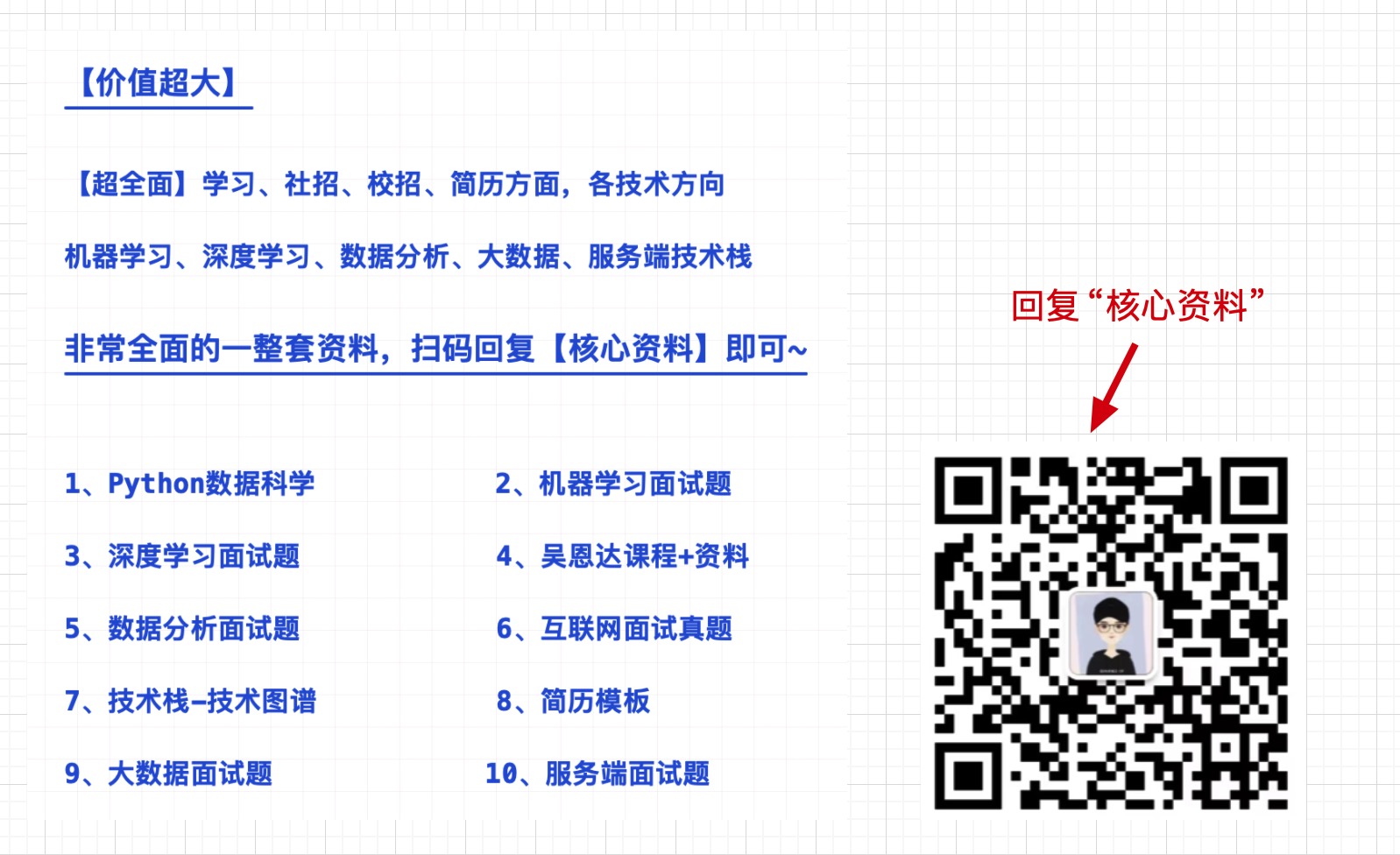几个重要的类,接口
LifeCycle : 主题接口
LifeCycleBase : 抽象的主题实现
LifeCycleListener : 观察者
具体分析
public interface Lifecycle {   //主题接口
// ----------------------------------------------------- Manifest Constants
/**
* The LifecycleEvent type for the "component before init" event.
*/
public static final String BEFORE_INIT_EVENT = "before_init"; //定义了tomcat启动时的状态
/**
* The LifecycleEvent type for the "component after init" event.
*/
public static final String AFTER_INIT_EVENT = "after_init";
/**
* The LifecycleEvent type for the "component start" event.
*/
public static final String START_EVENT = "start";
/**
* The LifecycleEvent type for the "component before start" event.
*/
public static final String BEFORE_START_EVENT = "before_start";
/**
* The LifecycleEvent type for the "component after start" event.
*/
public static final String AFTER_START_EVENT = "after_start";
/**
* The LifecycleEvent type for the "component stop" event.
*/
public static final String STOP_EVENT = "stop";
/**
* The LifecycleEvent type for the "component before stop" event.
*/
public static final String BEFORE_STOP_EVENT = "before_stop";
/**
* The LifecycleEvent type for the "component after stop" event.
*/
public static final String AFTER_STOP_EVENT = "after_stop";
/**
* The LifecycleEvent type for the "component after destroy" event.
*/
public static final String AFTER_DESTROY_EVENT = "after_destroy";
/**
* The LifecycleEvent type for the "component before destroy" event.
*/
public static final String BEFORE_DESTROY_EVENT = "before_destroy";
/**
* The LifecycleEvent type for the "periodic" event.
*/
public static final String PERIODIC_EVENT = "periodic";
/**
* The LifecycleEvent type for the "configure_start" event. Used by those
* components that use a separate component to perform configuration and
* need to signal when configuration should be performed - usually after
* {@link #BEFORE_START_EVENT} and before {@link #START_EVENT}.
*/
public static final String CONFIGURE_START_EVENT = "configure_start";
/**
* The LifecycleEvent type for the "configure_stop" event. Used by those
* components that use a separate component to perform configuration and
* need to signal when de-configuration should be performed - usually after
* {@link #STOP_EVENT} and before {@link #AFTER_STOP_EVENT}.
*/
public static final String CONFIGURE_STOP_EVENT = "configure_stop";
// --------------------------------------------------------- Public Methods
/**
* Add a LifecycleEvent listener to this component.
*
* @param listener The listener to add
*/
public void addLifecycleListener(LifecycleListener listener); //注册观察者的方法
/**
* Get the life cycle listeners associated with this life cycle.
*
* @return An array containing the life cycle listeners associated with this
* life cycle. If this component has no listeners registered, a
* zero-length array is returned.
*/
public LifecycleListener[] findLifecycleListeners(); //获得所有的观察者的方法
/**
* Remove a LifecycleEvent listener from this component.
*
* @param listener The listener to remove
*/
public void removeLifecycleListener(LifecycleListener listener); //移除观察者的方法
/**
* Prepare the component for starting. This method should perform any
* initialization required post object creation. The following
* {@link LifecycleEvent}s will be fired in the following order:
* <ol>
* <li>INIT_EVENT: On the successful completion of component
* initialization.</li>
* </ol>
*
* @exception LifecycleException if this component detects a fatal error
* that prevents this component from being used
*/
public void init() throws LifecycleException; //初始化容器的方法
/**
* Prepare for the beginning of active use of the public methods other than
* property getters/setters and life cycle methods of this component. This
* method should be called before any of the public methods other than
* property getters/setters and life cycle methods of this component are
* utilized. The following {@link LifecycleEvent}s will be fired in the
* following order:
* <ol>
* <li>BEFORE_START_EVENT: At the beginning of the method. It is as this
* point the state transitions to
* {@link LifecycleState#STARTING_PREP}.</li>
* <li>START_EVENT: During the method once it is safe to call start() for
* any child components. It is at this point that the
* state transitions to {@link LifecycleState#STARTING}
* and that the public methods other than property
* getters/setters and life cycle methods may be
* used.</li>
* <li>AFTER_START_EVENT: At the end of the method, immediately before it
* returns. It is at this point that the state
* transitions to {@link LifecycleState#STARTED}.
* </li>
* </ol>
*
* @exception LifecycleException if this component detects a fatal error
* that prevents this component from being used
*/
public void start() throws LifecycleException; //启动容器的方法
/**
* Gracefully terminate the active use of the public methods other than
* property getters/setters and life cycle methods of this component. Once
* the STOP_EVENT is fired, the public methods other than property
* getters/setters and life cycle methods should not be used. The following
* {@link LifecycleEvent}s will be fired in the following order:
* <ol>
* <li>BEFORE_STOP_EVENT: At the beginning of the method. It is at this
* point that the state transitions to
* {@link LifecycleState#STOPPING_PREP}.</li>
* <li>STOP_EVENT: During the method once it is safe to call stop() for
* any child components. It is at this point that the
* state transitions to {@link LifecycleState#STOPPING}
* and that the public methods other than property
* getters/setters and life cycle methods may no longer be
* used.</li>
* <li>AFTER_STOP_EVENT: At the end of the method, immediately before it
* returns. It is at this point that the state
* transitions to {@link LifecycleState#STOPPED}.
* </li>
* </ol>
*
* Note that if transitioning from {@link LifecycleState#FAILED} then the
* three events above will be fired but the component will transition
* directly from {@link LifecycleState#FAILED} to
* {@link LifecycleState#STOPPING}, bypassing
* {@link LifecycleState#STOPPING_PREP}
*
* @exception LifecycleException if this component detects a fatal error
* that needs to be reported
*/
public void stop() throws LifecycleException; //关闭容器的方法
/**
* Prepare to discard the object. The following {@link LifecycleEvent}s will
* be fired in the following order:
* <ol>
* <li>DESTROY_EVENT: On the successful completion of component
* destruction.</li>
* </ol>
*
* @exception LifecycleException if this component detects a fatal error
* that prevents this component from being used
*/
public void destroy() throws LifecycleException;
/**
* Obtain the current state of the source component.
*
* @return The current state of the source component.
*/
public LifecycleState getState(); //获取容器当前所处的状态
/**
* Obtain a textual representation of the current component state. Useful
* for JMX. The format of this string may vary between point releases and
* should not be relied upon to determine component state. To determine
* component state, use {@link #getState()}.
*
* @return The name of the current component state.
*/
public String getStateName();
/**
* Marker interface used to indicate that the instance should only be used
* once. Calling {@link #stop()} on an instance that supports this interface
* will automatically call {@link #destroy()} after {@link #stop()}
* completes.
*/
public interface SingleUse {
}
}
public abstract class LifecycleBase implements Lifecycle { //主题的抽象实现
private static final Log log = LogFactory.getLog(LifecycleBase.class);
private static final StringManager sm = StringManager.getManager(LifecycleBase.class);
/**
* The list of registered LifecycleListeners for event notifications.
*/
private final List<lifecyclelistener> lifecycleListeners = new CopyOnWriteArrayList<>(); //用来存储所有注册的观察者
/**
* The current state of the source component.
*/
private volatile LifecycleState state = LifecycleState.NEW;
/**
* {@inheritDoc}
*/
@Override
public void addLifecycleListener(LifecycleListener listener) { //注册观察者,将观察者添加到数组中
lifecycleListeners.add(listener);
}
/**
* {@inheritDoc}
*/
@Override
public LifecycleListener[] findLifecycleListeners() { //返回观察者数组
return lifecycleListeners.toArray(new LifecycleListener[0]);
}
/**
* {@inheritDoc}
*/
@Override
public void removeLifecycleListener(LifecycleListener listener) { //移除观察者的实现
lifecycleListeners.remove(listener);
}
/**
* Allow sub classes to fire {@link Lifecycle} events.
*
* @param type Event type
* @param data Data associated with event.
*/
protected void fireLifecycleEvent(String type, Object data) { //发布通知的方法
LifecycleEvent event = new LifecycleEvent(this, type, data); //将信息封装成一个LifecycleEvent类型的对象,LifecycleEvent对象用来统一封装所有的信息。
for (LifecycleListener listener : lifecycleListeners) { //遍历所有的观察者,并发布通知
listener.lifecycleEvent(event);
}
}
}
</lifecyclelistener>
public interface LifecycleListener { //观察者接口
/**
* Acknowledge the occurrence of the specified event.
*
* @param event LifecycleEvent that has occurred
*/
public void lifecycleEvent(LifecycleEvent event); //接受通知的方法
}
可见 tomcat中通过观察者模式来对容器的生命周期进行控制
Original: https://www.cnblogs.com/liwangcai/p/11652759.html
Author: 神奇海螺。
Title: Tomcat中的观察者模式 (Lifecycle)
原创文章受到原创版权保护。转载请注明出处:https://www.johngo689.com/574178/
转载文章受原作者版权保护。转载请注明原作者出处!

